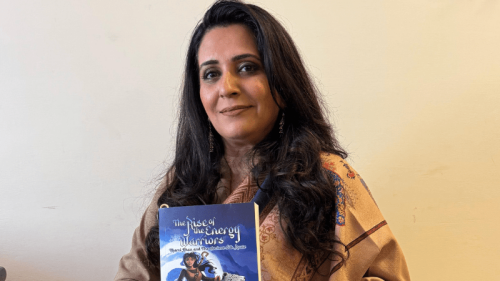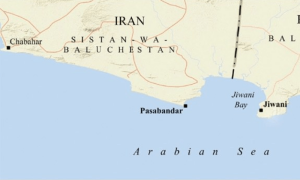ISLAMABAD: With current floods badly affecting public and private infrastructure, an appraisal survey about floods between 2010 and 2012 has suggested that some recovery took place in the affected communities but the households devastated twice or thrice lagged behind others.
Findings of a joint survey of the United Nations and the European Union covering households affected by floods of 2010 or 2012 or both suggested that households where frequency of natural or man-made disasters was high lived in a ‘state of complex vulnerability’.
The survey was conducted in seven severely affected districts, covering 5,004 households. In addition, 770 households from non-affected communities in the same districts were assessed, for comparison purposes.
The survey found that households with less capacity to respond and recover from natural disasters and food security threats, those earning income from day-labouring and non-farming activities and those headed by women were more vulnerable.
The results made available on Wednesday revealed that very few households in Balochistan had recovered in terms of food security and livelihood.
Few households hit by the previous calamity in Balochistan recovered in terms of food security
Some 30 per cent of the households reported that they faced more difficulty in recovering from the disaster of 2010 because they had had to endure a similar tragedy in the previous decade or so.
The country experienced three consecutive floods, from 2010 to 2012, due to unprecedented monsoon rains.
The floods of 2010 claimed 2,000 human lives, destroyed 1.6 million housing units and killed 1.5m livestock. Lives and livelihood of 200m people were impacted and one-fifth of landmass submerged, resulting in heavy losses.
However, floods hit rural Sindh, Punjab and Balochistan again in 2011 and 2012, badly affecting long-term recovery plans.
With limited recovery and reduced opportunities, people had to resort to borrowing money, with the highest ratio of borrowing found among the middle-class families.
Food concerns remained heightened with only 15pc reporting adequate consumption, 20pc falling in poor consumption category and 65pc falling on the borderline.
Households in Balochistan and daily-wagers appeared to be worst hit.
It further came to knowledge that 46pc households spent more than 60pc of their income on food only, which was why they remained in high debt.
Overall, humanitarian interventions were low as compared to previous years because of insufficient funds. Only 44pc confirmed receiving food assistance.
Nonetheless, decline in assistance was reported in early recovery period as only 26pc received aid.
Published in Dawn, September 11th , 2014



















































